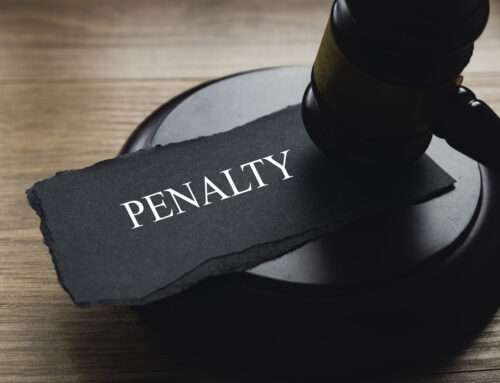On 28 February 2015, the Domestic and Family Violence Rules 2014 (the DFVP Rules) will come into effect.
The DFVP Rules are stand-alone rules and will apply to all proceedings, except appeals, under the Domestic and Family Violence Protection Act 2012. Proceedings under the Domestic and Family Violence Protection Act 2012 include applications for or to vary Protection Orders, offences and police functions and powers pursuant to the Act.
The DFVP Rules have been created as a result of amendments to the following Acts made by the Justice and Other Legislation Amendment Act 2013 (JOLA Act):
- Domestic and Family Violence Protection Act 2012
- Magistrates Courts Act 1921
- Statutory Instruments Act 1992
- Supreme Court of Queensland Act 1991
Part 15 of JOLA Act repeals the application of the Uniform Civil Procedure Rules 1999 (UCPR) in proceedings under the Domestic and Family Violence Protection Act 2012, except in relation to appeals. Not all of the UCPR rules apply in relation to domestic violence proceedings – section 142 of the Domestic and Family Violence Protection Act 2012 sets out the specific UCPR rules that apply in domestic violence proceedings. Navigating the applicable UCPR rules and cross-referencing same with the Domestic and Family Violence Protection Act 2012 can be confusing, particularly for self-represented parties. The objects of the DFVP Rules are, inter alia, to create consistency, resolve domestic violence proceedings with a minimum of expense and delay, and to facilitate just and expeditious resolution.
The DFVP Rules deal with how:
- Documents are to be filed
- Parties receives notice of the proceedings (including service of documents and proof of service)
- Proceedings will be conducted (including directions of the Court)
- Evidence is to be presented (including affidavits, subpoenaed material and use of evidence from other proceedings)
- Proceedings can be ended early
- Costs are to be assessed in proceedings
A copy of the (intended) DFVP Rules can be found on the Queensland Government website here:
If you would like further information about applying for a Protection Order or if someone has applied for a Protection Order against you and you want to know what your options are, contact one of our solicitors today.





